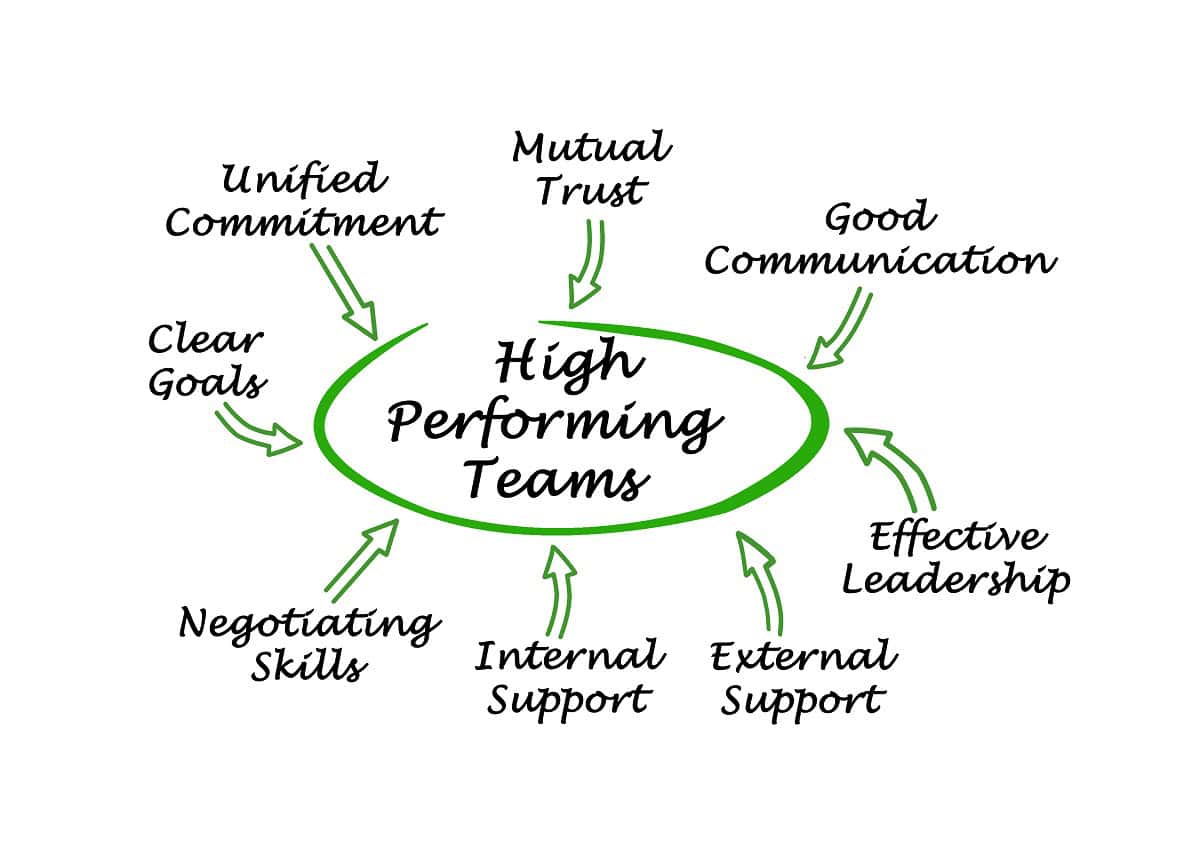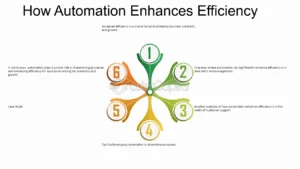Leadership & Team Management: The Keys to Building High-Performing Teams
In today’s competitive business environment, effective leadership and team management are critical to driving success. Whether you’re running a startup or managing a large organization, understanding how to lead and inspire teams can be the difference between growth and stagnation. This subcategory under Books & Learning on Synapsely.com provides essential resources for developing leadership skills, managing teams, and fostering a collaborative environment that drives productivity.
Why Leadership & Team Management Matter
Leadership and team management are more than just assigning tasks and tracking deadlines—they are about empowering individuals, cultivating talent, and building a culture of accountability and excellence. A strong leader creates a vision, sets clear expectations, and motivates the team to achieve collective goals. Effective team management ensures that resources are aligned with these goals, work is efficiently delegated, and progress is consistently monitored.
Core Components of Leadership & Team Management
- Vision and Goal Setting
- Strong leaders provide a clear vision that aligns with both short-term objectives and long-term goals. This vision helps teams stay focused and motivated, ensuring that everyone is working toward a common purpose.
- Communication
- Open and transparent communication is crucial in team management. Leaders should foster an environment where team members feel comfortable sharing ideas, giving feedback, and raising concerns. Clear communication also ensures that there is no confusion about expectations or responsibilities.
- Delegation and Empowerment
- Effective team management involves delegating tasks to the right individuals based on their strengths and areas of expertise. Empowering team members to take ownership of their work leads to higher engagement and better performance.
- Conflict Resolution
- In any team, conflicts are inevitable. Great leaders can navigate these conflicts by addressing issues head-on and fostering a culture of respect and collaboration. Conflict resolution skills help maintain team harmony and productivity.
- Feedback and Continuous Improvement
- Constructive feedback is essential for individual and team growth. Leaders should provide regular feedback, recognizing achievements and identifying areas for improvement. This helps in creating a learning culture where team members are constantly improving their skills.
Learning Resources for Leadership & Team Management
For those looking to enhance their leadership skills and team management strategies, here are some valuable resources:
- Books on Leadership: Titles like Leaders Eat Last by Simon Sinek and Dare to Lead by Brené Brown provide actionable insights into leadership styles that foster trust, innovation, and high performance.
- Courses and Workshops: Online platforms like LinkedIn Learning and Coursera offer specialized courses in leadership, team management, and organizational behavior. These courses are ideal for managers at all levels, from beginners to seasoned professionals.
- Podcasts and Webinars: Listening to thought leaders and industry experts can provide fresh perspectives on how to manage teams effectively in today’s fast-paced work environment.
Top Tools to Simplify and Scale Your Leadership & Team Management
Here are some of the best tools to help improve your leadership and team management efforts:
- Trello
- Trello is an easy-to-use project management tool that helps leaders organize tasks, delegate responsibilities, and track progress in real-time.
- Monday.com
- Monday.com is a highly customizable tool that enhances team collaboration and allows managers to track project timelines, set goals, and monitor team performance.
- HubSpot CRM
- While known primarily as a CRM tool, HubSpot offers features that support team communication, task delegation, and performance tracking, making it ideal for team management.
- Slack
- Slack is a communication platform that keeps teams connected and promotes collaboration, even when working remotely. It integrates with various other tools, streamlining communication and task management.
- ClickUp
- ClickUp is an all-in-one tool for project and team management, helping leaders organize tasks, set priorities, and ensure accountability across teams.
FAQs
What is leadership in the context of team management?
Leadership in team management involves guiding and motivating team members toward a common goal while fostering a collaborative and supportive environment.
How do you manage a remote team effectively?
Effective management of remote teams requires clear communication, trust, use of the right collaboration tools, and regular check-ins to ensure alignment and progress.
What is the most important skill for a leader to have?
The most important skill for a leader is effective communication. A leader must articulate the vision, set clear expectations, and foster open dialogue to inspire and guide the team.
How can leaders resolve conflicts within a team?
Leaders can resolve conflicts by addressing issues directly, facilitating open discussions, promoting respect, and finding common ground between conflicting parties.
How can feedback improve team performance?
Regular feedback helps team members understand their strengths and areas for improvement, fostering a growth mindset and enhancing overall team performance.
Keywords:
Leadership, team management, conflict resolution, team communication, delegation, feedback, team collaboration, management tools, leadership development






